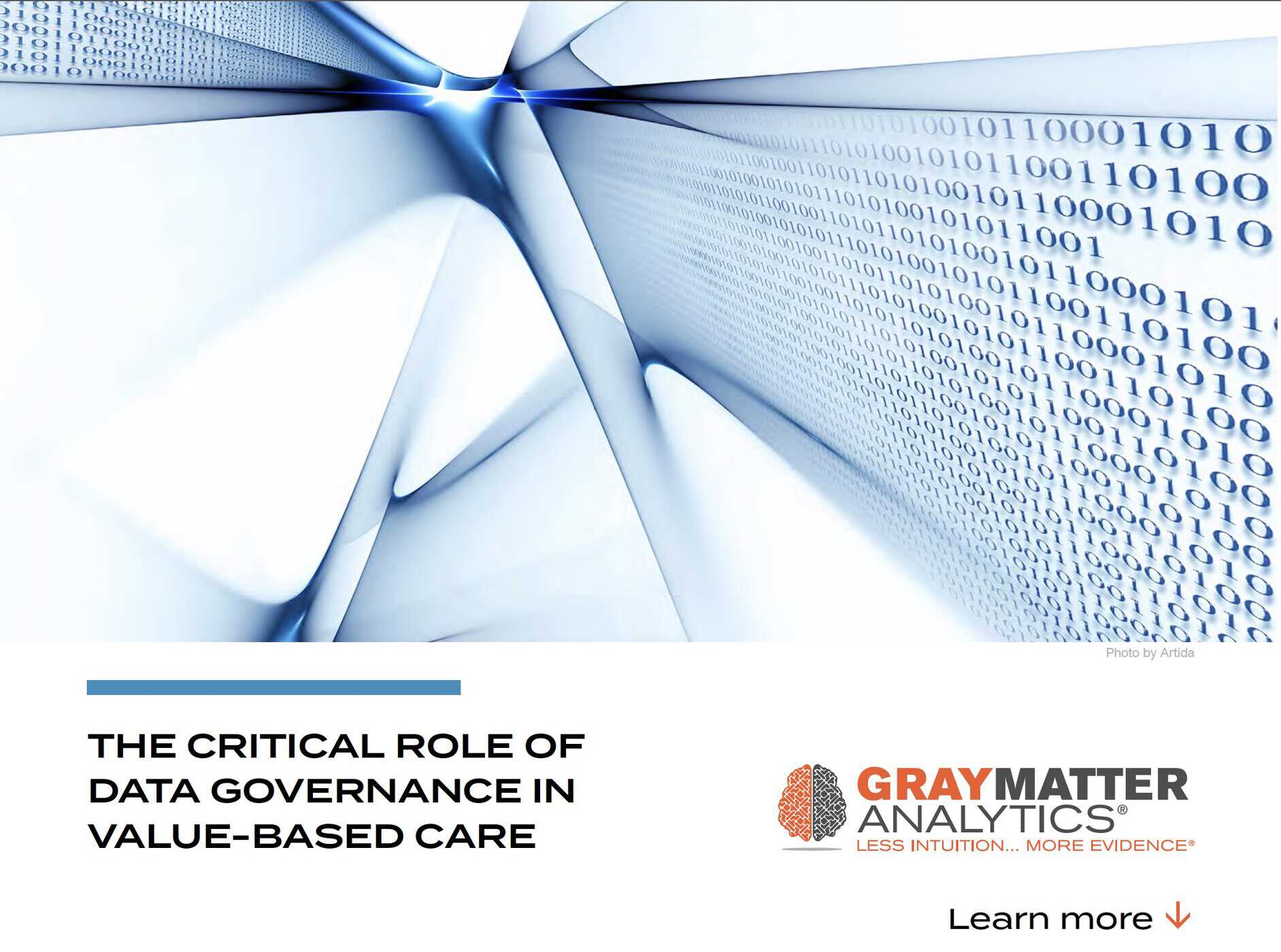Data Integration, Accessibility, Quality and Analysis to Take on Complexity

There’s no overstating it: Accurate and transparent data in healthcare is the saving grace of the present and no less than the lifeblood of the future. Fortunately, data abounds. However, the rapid expansion of it, with the proliferation of wearables and health-related smartphone apps, social determinants of health (SDoH) surveys, community-based organization collaboration with providers and a population primed for self-reporting health-related social needs (HRSNs), data requires validation, responsible use and ethics-driven maintenance and check-ups.
How do you ensure the integrity of your data integration and the application of data in advanced analytics that uncover the important needs of often vulnerable people?
A data governance framework is just the ticket. In functional terms, it identifies the roles and responsibilities of data users — for security and assured compliance with privacy regulations but also in decision making. Data governance is the hard work of making the right data accessible, first to analytics, then to stakeholders who act on analytic insights. A data governance model also describes how people and business functions will collaborate.
In value-based care (VBC), this collaboration ideally includes payors and providers looking at the same data at the same time to optimize performance in the VBC contracts they share. Data governance gives the partners the confidence to:
- Identify who needs outreach to get the basics like wellness visits, vaccinations and screenings scheduled and completed,
- Drive their preventive care programs,
- Understand when and how to connect with people outside of the clinic or the hospital,
- Offer and execute chronic condition management that people adopt.
Going to the data is obvious. It is the most efficient way to define a population’s needs and create programs to remediate problems and avoid their resurgence. But data governance takes the expertise of engineers skilled in data science, analytics and population health management to set payors and providers up for VBC success.
Learn more about how data governance can benefit you in strategic planning, VBC contracting and performance achievement. Read our eBook, “The Critical Role of Data Governance in Value-Based Care.”
